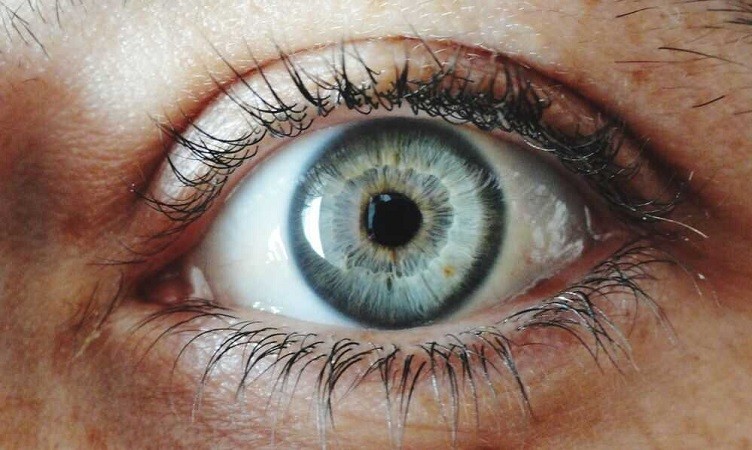
Eye floaters are tiny specks or spots that drift across a person's field of vision, resembling tiny floating shapes like dots, lines, cobwebs, or threads. These floaters often appear when a person gazes at a blank surface or looks at a clear sky. While they can be bothersome, understanding their causes, symptoms, prevention, and available treatments can help manage their impact on daily life.
Causes of Eye Floaters:
Floaters occur when the vitreous, a gel-like substance inside the eye, starts to liquefy and shrink due to aging. This process can cause collagen protein fibers within the vitreous to clump together, casting shadows on the retina, leading to the perception of floaters.
Symptoms of Eye Floaters:
Perception of specks, spots, cobwebs, or lines moving across vision.
Difficulty focusing on floaters, as they seem to move away when trying to look directly at them.
Occasional flashes of light (especially in the peripheral vision), which can indicate retinal detachment requiring immediate medical attention.
Prevention of Eye Floaters:
While age-related floaters are inevitable, certain steps can minimize their occurrence or severity:
Maintain a healthy lifestyle with a balanced diet and regular exercise to promote overall eye health.
Protect eyes from trauma or injury by using proper eye protection during activities with potential risks.
Regular eye check-ups can help detect eye conditions early, allowing for timely treatment and management.
Treatments for Eye Floaters:
In many cases, no treatment is required as floaters often do not significantly affect vision. However, if floaters impair vision or result from retinal detachment, treatment options may include:
Vitrectomy: A surgical procedure to remove the vitreous and replace it with a saline solution.
Laser therapy: Breaking apart floaters or sealing retinal tears using laser treatment.
It's essential to consult an eye care professional for a proper diagnosis and treatment plan tailored to individual needs. Additionally, sudden onset of floaters, especially accompanied by flashes of light or vision changes, warrants immediate medical attention to rule out serious eye conditions.
Understanding the causes, recognizing symptoms, adopting preventive measures, and seeking appropriate treatment can help manage and alleviate the impact of eye floaters on one's vision and overall eye health.
Health Tips: Dietician told the right way and time to eat sweets
Practice these yogasanas to improve eyesight, there will be no need to wear glasses